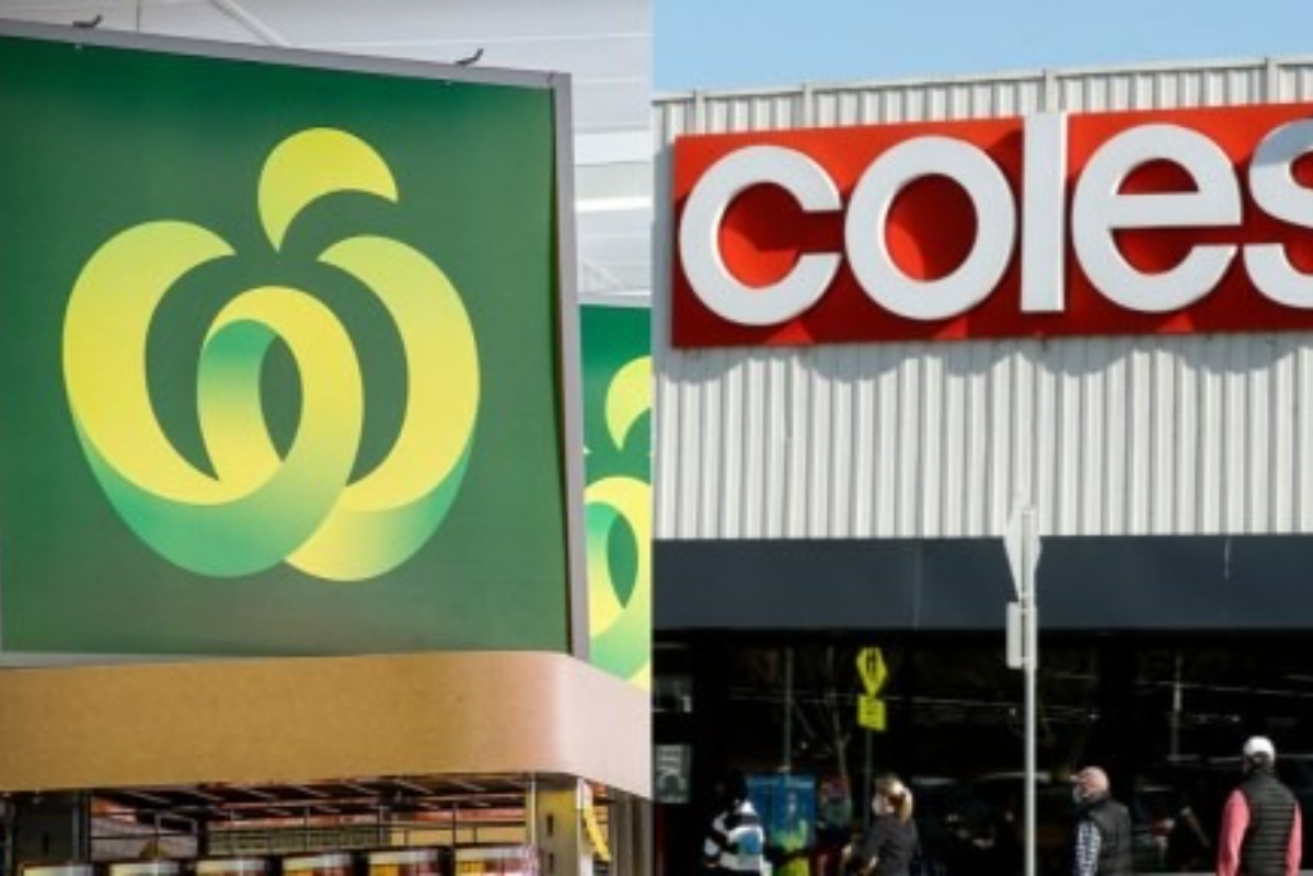Supermarket concentration to come under microscope
One of the world’s most concentrated supermarket sectors will be scrutinised as unions, competition experts and suppliers make their concerns known.

Australia has one of the most concentrated food retail sectors in the world, with Coles and Woolworths accounting for an estimated two-thirds of the market. Photo: AAP
The supermarket giants are in for a tongue-lashing as the consumer watchdog, unions and produce suppliers air their grievances in the Senate.
Australia has one of the most concentrated food retail sectors in the world, with Coles and Woolworths accounting for an estimated two-thirds of the market.
As the cost of living soars, and grocery prices appear to surge in tandem with supermarket profits, various parties will use their appearances before a Senate inquiry into supermarket prices to make their concerns known.
The Australian Food and Grocery Council, which represents the food, beverage and grocery manufacturing sector, is not expected to hold back.
Though the entry of global giants Costco and Aldi have improved prices for some consumers, its submission says, Coles and Woolworths have delivered competitive prices to consumers by stringently managing their purchasing costs from suppliers.
“Despite the gradual increase in competition … the Australian market has yet to hit the ‘tipping point’ at which the full benefits of competition can be realised,” their submission says.
“Increasing competition within the supermarket retail sector would remove the foundation upon which the most problematic pricing practices are built, and promote a fair distribution of benefits for consumers, suppliers, and retailers.”
Meanwhile, the Australian Competition and Consumer Commission (ACCC), which has launched its own inquiry into the sector, is expected to discuss ways to improve outcomes for customers.
The watchdog’s 2008 inquiry into grocery retailing, found the sector was “workably competitive” but that high barriers to entry and expansion for independent grocers and a lack of incentive for the big two to compete aggressively on price limited the level of price competition.
In its submission, it suggests introducing an economy-wide prohibition on unfair trading practices and reforming merger laws.
Other big names due to front the Senate inquiry include former ACCC chair Professor Allan Fels, who also produced an 80-page report into price gouging and unfair pricing for the ACTU.
The Shop, Distributive and Allied Employees Association and the Retail and Fast Food Workers Union are also expected to provide submissions.
As the furore over rising prices grows, other retailers have been dragged into the tempest.
Greenlife Industry Australia, for example, has said hardware store Bunnings should be required to comply with the Food and Grocery Code of Conduct, which is aimed at improving standards of business behaviour in the food and grocery sector.
But the hardware retailer is expected to defend itself against such claims when it fronts the Senate committee by citing the differences between the grocery and greenlife sectors.
Coles and Woolworths are expected to appear before the the inquiry on Tuesday.
– AAP




